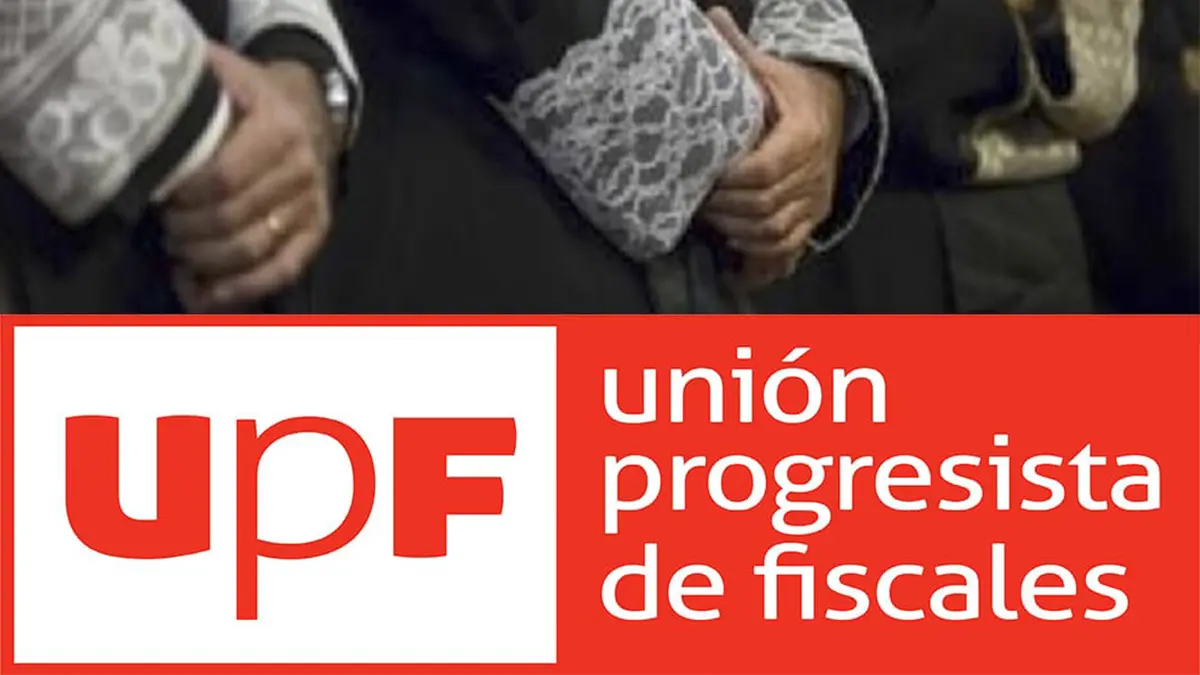The Progressive Union of Prosecutors is largely unaware of the Western Sahara issue

On 8 April 2023, in a surprising open letter to the president of the Spanish government, the Progressive Union of Public Prosecutors (UPF) "regrets the change of course in international policy" that the president "has taken in relation to the unfinished process of decolonisation of Western Sahara."
When a letter is addressed openly and published in the media, the real addressee is the reader. As a reader, I am surprised by the UPF's enormous lack of knowledge about the subject of its letter and the lack of rigour, objectivity and responsibility that should not be lacking in such matters. Especially when it is a matter of unfounded criticism directed at the head of government for his foreign policy actions, which he carries out in accordance with the Constitution. In its letter, the UPF criticises the Prime Minister for "his support for the proposal for autonomy for Western Sahara within Morocco - which Morocco has been promoting since 2007 - flagrantly violates, among other things, the 1991 Peace Plan, which the Kingdom of Morocco itself signed with the Polisario Front, later approved by the UN Security Council".
This is a false assertion, since the Peace Plan in question was not presented in 1991, but only in 2003 (resolution 1495 of 31 July 2003) and Morocco never signed it as claimed.
It is possible that the UPF confuses the Peace Plan with the Settlement Plan, which was the only one signed by Morocco and approved by the Security Council. But in this case, it was not in 1991 either. However, it is the only plan signed by Morocco and approved by the Security Council on 27 June 1990 (resolution 658). It is the one that established a ceasefire - it came into force in September 1991 - and created MINURSO, the body in charge of monitoring the ceasefire and creating the electoral body to hold the referendum a year later.
But this Settlement Plan, instead of one year, took ten years of fruitless attempts without success. The UN considered it an unenforceable plan. Among the difficulties was the impossibility of determining who is a Saharawi with the right to vote. The UN Secretary stressed "the difficulties involved in determining who among the Saharawis are eligible to participate in the referendum" (Report S/2001/613, para. 22).
In view of this, the search began for alternatives - for as Personal Envoy James Baker reiterated to the parties - "there were many ways to achieve self-determination: it could be achieved by war or revolution, by elections, which required goodwill, or by agreement, as had been done by other parties in other disputes" (paragraph 40).
Following this, the Framework Agreement based on autonomy was presented as a third way, as a middle way between full integration into Morocco or independence. Algeria and its Polisario rejected the new Plan and Algerian President Bouteflika himself proposed, on behalf of Algeria and the Polisario, "a division of the Territory as a political solution to the dispute over Western Sahara" (Report S/2002/178). Following the lack of agreement between the parties, in 2003 James Baker presented the Peace Plan, approved by the UN Security Council, to which UPF refers, but contrary to his assertion, Morocco rejected it with solid arguments.
The Security Council, acting under Chapter VI of the UN Charter - which deals with the peaceful settlement of disputes - could not force either side to accept the Peace Plan and the situation reached an impasse. Two options remained; an indefinite prolongation of the status quo or the initiation of direct negotiations between the parties to agree on a just and lasting solution. Polisario stated that it would opt for "the continuation of the status quo, fully aware that this could only lead to a new armed struggle". (Report S/2006/817 para. 12 and 16).
Thus, the assertion that Morocco is in breach of the 1991 Peace Plan that it signed is a fallacy. Secondly, if the letter supposedly referred to the Settlement Plan, this plan was buried by the United Nations more than two decades ago and in its place it presented the Framework Agreement and the Peace Plan. Both were not accepted by the parties to the dispute. Faced with the status quo situation in which the dispute arrived, Morocco took the initiative to present its autonomy proposal, which, since its presentation in 2007, all Security Council resolutions have taken note of with satisfaction, considering Morocco's efforts to be serious and credible. In addition to the members of the Security Council, all EU member states support Morocco's proposal. Some in a tacit manner by affirming support for UN resolutions, while others are solemn, more emphatic, clear and unequivocal in their support. This is the case of France, Belgium, Germany, the Netherlands, Luxembourg, Austria, Bulgaria, Poland and Hungary, joined by Spain and this week by Portugal.

